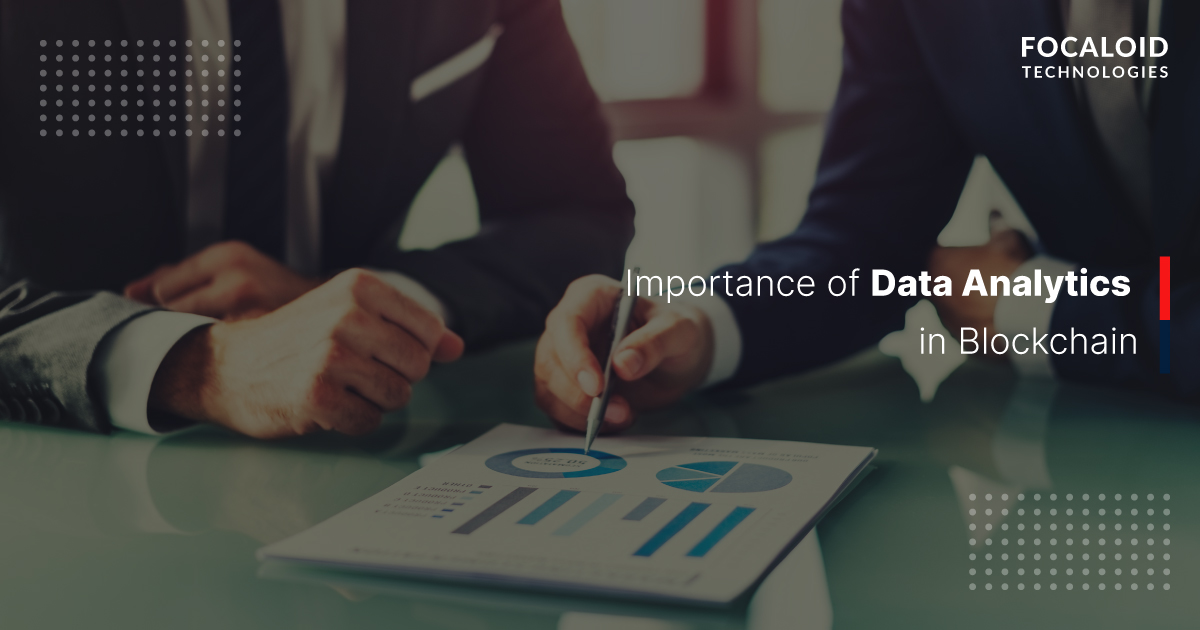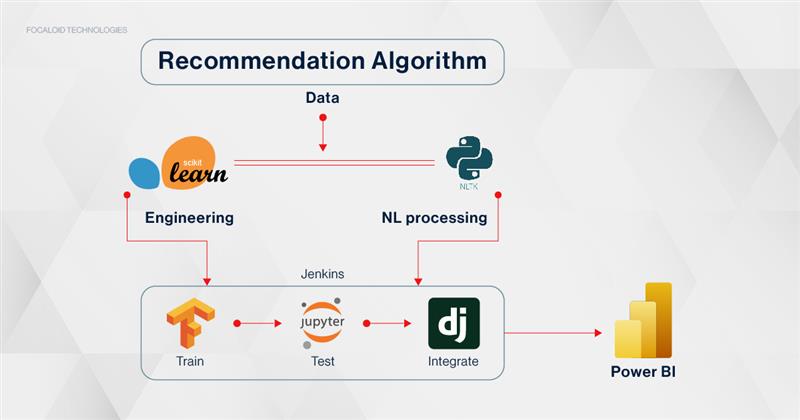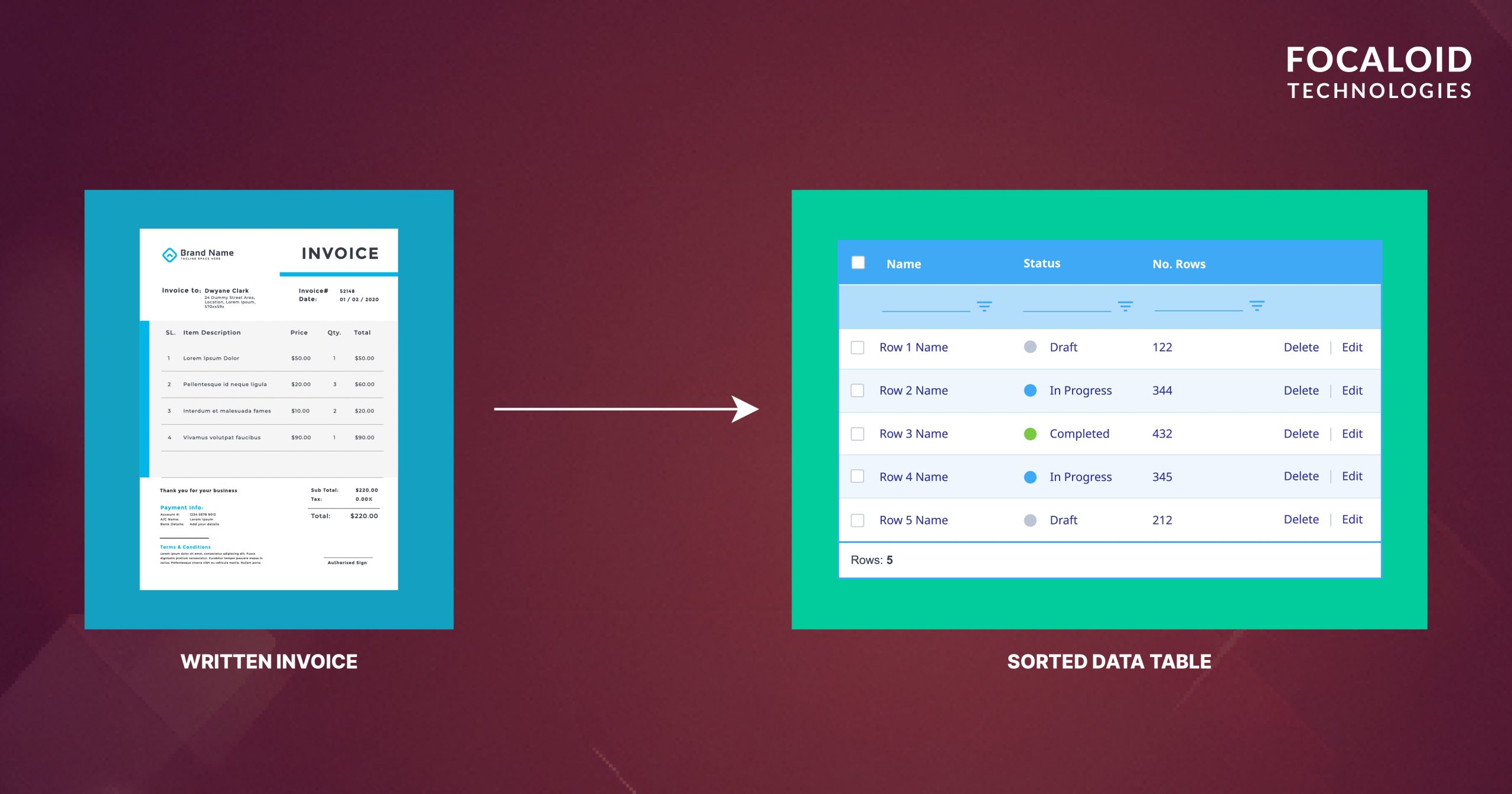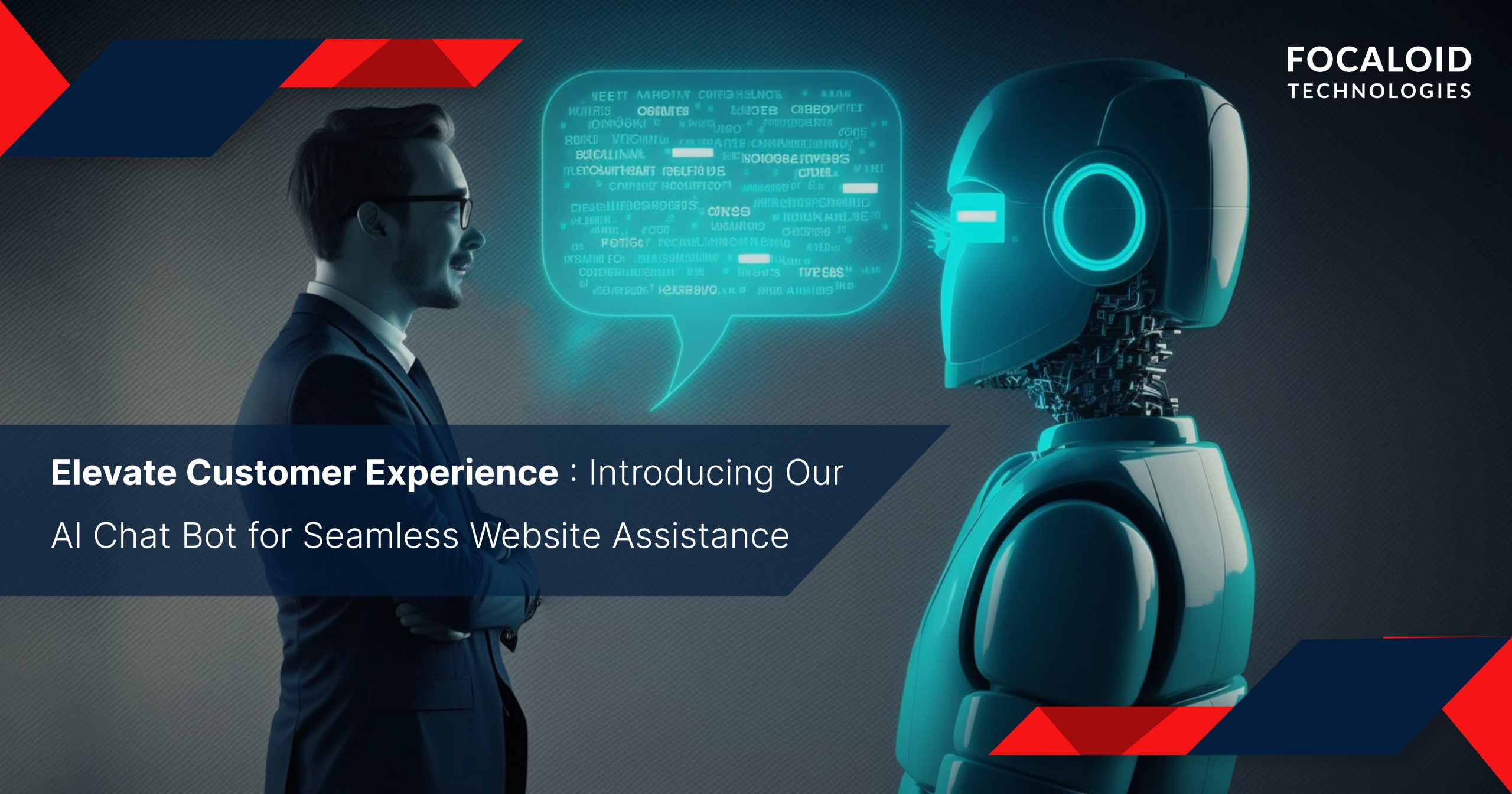Data Analytics & BI |
Importance of Data Analytics in Blockchain
22/06/2022
Importance of Data Analytics in Blockchain
Blockchain is a decentralized public ledger that is used to keep records of transactions. It does so via an interconnected peer-to-peer network that constantly verifies transactions. While it was initially meant to be used for crypto coins like Bitcoin, new prospects in the form of data analytics have been discovered recently. A subset of data analytics, predictive analytics especially, is very useful in the blockchain. It works by collecting a large amount of previous data to give predictions for the future. The problem arises due to the quantity of data needed. Blockchain perfectly solves this flaw.
Convergence of Data Analytics and Blockchain
Blockchain uses interconnected computers to verify transactions. This allows it to use a large amount of computing power in a distributed manner. It can be used to construct models that can be evaluated on a large number of datasets. By using its computing power to search for relevant data through the network, it would essentially act as a cloud supercomputer.
With blockchain, even small organizations that are unable to afford a huge amount of machinery will be able to use predictive analysis. This will make it far more affordable for small businesses. Using data analytics in blockchain, they can then analyze the marketing data to plan future campaigns. By utilizing computing power and data analysis, people will also be able to foresee any changes in asset prices, maximizing profits.
Uses of Data Analytics in Blockchain
Connecting with IoT
The internet of things is the collection of devices that are interconnected through the internet and work with little human input. This may include security cameras, vehicle components, temperature sensors, etc. Every IoT device produces and transfers data. As such, they need a base of operation that manages the data for them. Although they are currently autonomous and centralized right now, eventually, they’ll need to expand.
And this expansion will create problems with scalability as a centralized system will be unable to manage so many devices at once. To solve this problem, blockchain can be leveraged to let ToT devices work independently on a distributed network. Data analytics on blockchain will thus become the main focus to unlock the true potential of IoT. Without a proper understanding of data analytics to analyze the large amount of data generated by IoT devices, their value may be lost.
Supply Chain Tracking
Blockchain-based process management can greatly remove human-related errors and decrease delays. By replacing human interaction with electronic transactions, increased audibility and more transparency are given to all parties. In supply chains, this is very beneficial. That is why blockchain-based supply chain solutions are a great way to use the technology. Blockchain makes it easy to track the products along the supply chain. As the history of all the movements in the supply chain is recorded, proper data analysis becomes much easier.
This makes it easier to determine where an item currently is. And by analyzing the blockchain ledger, root cause analysis is possible. Further, analysis of blockchain data in supply chains can also provide evidence to identify counterfeit items and delivery paths.
Real-Time Data Analysis
A great thing about blockchain is that its transactions occur in real-time. Whether it be across national or international borders. For this reason, banks and businesses in fintech are constantly researching blockchain for its transaction speed. On the other hand, data scientists are interested in real-time data changes to decrease decision-making delays.
Data Sharing
Blockchain is considered a disruptive technology. It is true in some ways. For data analytics, it disrupts the way data is acquired by analysts. If a public blockchain is a source for an analytic model, this means that the organization sponsoring that model does not own all the data. After all, a lot of data in a public blockchain is from other entities that place their data on the blockchain.
By storing data on a distributed ledger, the data can be easily accessible to the team working on a project. This access simplifies the analytics process and facilitates cooperation among the data users. Ultimately, this makes using data analytics on blockchain much easier for other purposes as well.
Business Strategy
All businesses, whether big or small, can use blockchain to get an advantage over their peers. Here it’s just a first-come, first-serve. How can blockchain give organizations a benefit? Through the use of analytic models that are built on an organization’s blockchain data. The goal of any analytic model is to give back a return to the organization that made it.
Data analytics projects on the blockchain are a creative and unique way to create value for a business. It can completely change how businesses implement their strategy. By giving businesses access to such public data, they can easily identify potential sources of return and draft their marketing strategy according to that.
Predictive Analysis
As spoken before, the predictive analysis uses a large amount of historical data to give predictions for the future. It is one of the major goals of any organization’s analytics project. While large businesses already have a large dataset, small ones can use blockchain to use public data accurately.
By making an analytical model out of the data available there, organizations can even out the ground. Even large businesses benefit from having access to data sets beyond their own customers. As more organizations integrate blockchain in their operations, it becomes easier and easier to create predictive analysis models.
Focaloid For Data Analytics
Our data analytics services can help your business find actionable insights from your dataset. Through data analytics, we help you recognize trends, underlying patterns, and relationships. At Focaloid, we bring data generated by different systems together in one place, making it easier to analyze. Throughout end to end data analytics, businesses can find out the true value of their data and make data-driven decisions.
Published:
Share:




